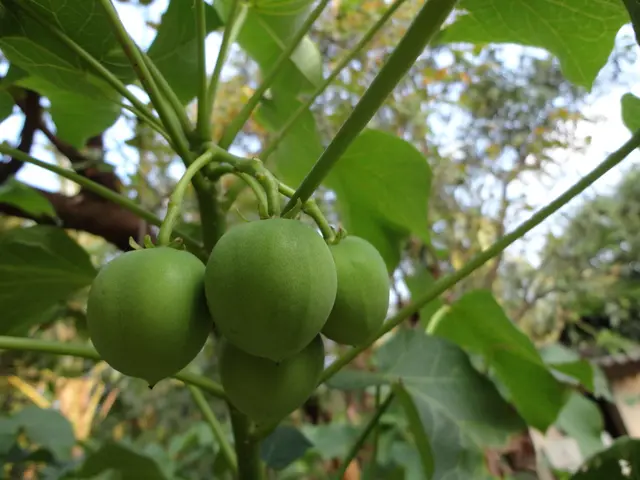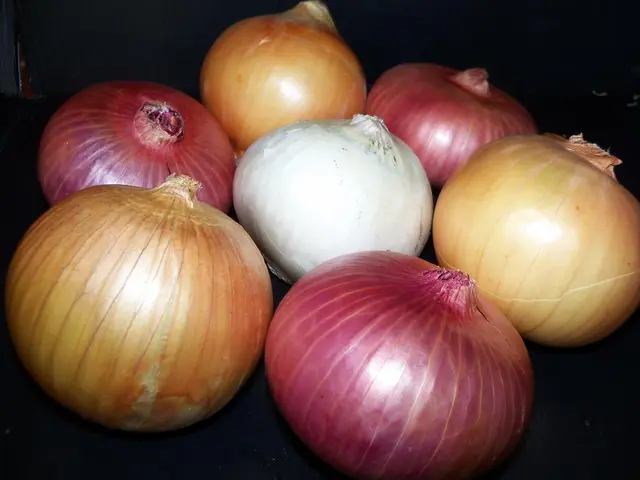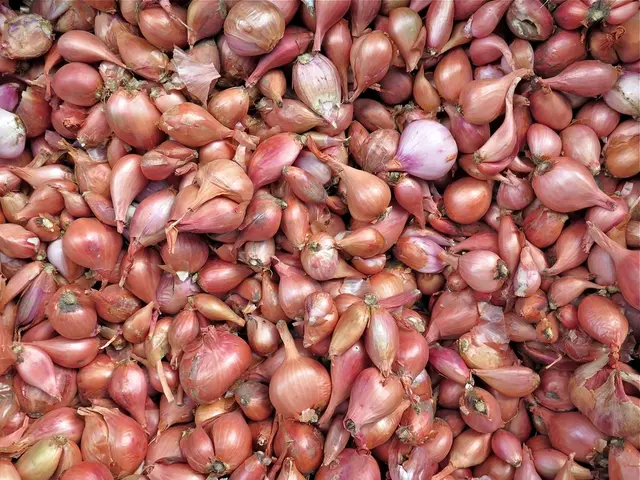Blossom's Influence: A Summation
In Bulgaria, Rose Valley, situated near Cherganovo, serves as a vital hub for the production and export of rose oil. Known as the world's leading provider of this coveted commodity, Bulgarian rose oil, or Bulgarian rose essential oil, is primarily extracted from the Rosa Damascena, or Damask rose.
The creation of rose oil involves several defining stages. First, fresh rose petals are hand-picked in an early morning ritual, typically before sunrise, to ensure optimum quality and fragrance. Next, these petals undergo steam distillation where heated steam forces the essential oils from the petals into condensation, resulting in two main products—rosewater and rose oil. Rose oil, or rose otto, is the sought-after component of this extraction process.
The pricing of rose oil is significantly impacted by factors such as labor-intensive rose picking, the volume of roses required to produce a small amount of oil, the quality, use of organic and sustainable practices, market demand, and limited supply. The intricate production process and high demand from industries like perfumery and cosmetics contribute to the exorbitant price of this rare oil.
According to the Bulgarian Ministry of Agriculture, Food, and Forestry, the average price of rose oil in 2023 was 9,168 euros per kilogram (approximately US$10,425). It would take approximately 9,996 roses to make just 5 ml of rose oil, underlining the scarcity and exalted value of this exquisite essential oil.
In the world of home-and-garden enthusiasts and lifestyle connoisseurs, rose oil from Bulgaria's Rose Valley is highly prized, given its extensive use in perfumery and cosmetics. Gardening during the early morning ritual in Rose Valley involves handpicking Rosa Damascena petals for the production of this expensive and coveted rose oil.








